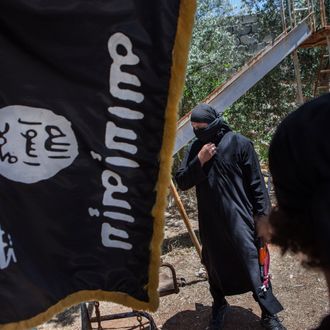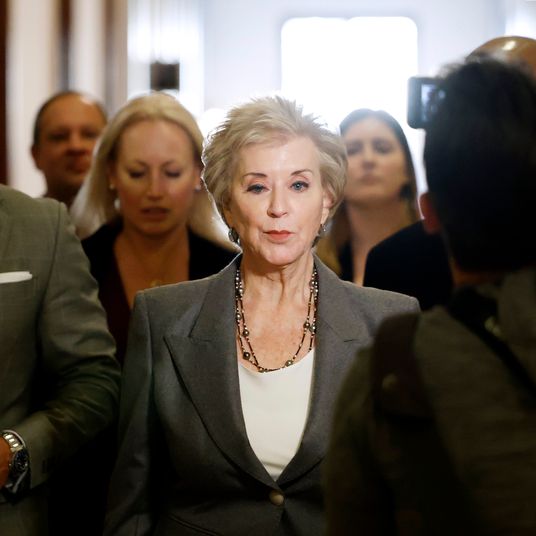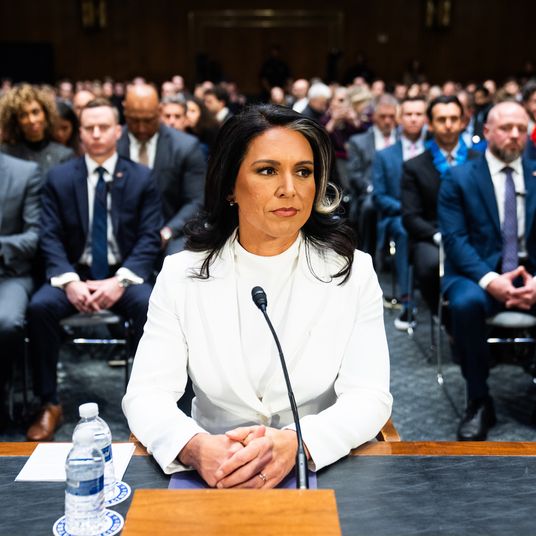
In what could be the first step toward expanding the air strikes being conducted against ISIS in Iraq, President Obama has authorized surveillance flights over Syria. On Monday evening, defense officials said the reconnaissance flights had already started, and told the New York Times that they include both manned and unmanned aircraft. President Obama has yet to approve any military action in Syria, but White House officials said he wouldn’t notify Syrian President Bashar al-Assad if he was — even though the country’s foreign minister warned that “any strike which is not coordinated with the government will be considered as aggression.”
After the brutal execution of American journalist James Foley, Obama called for stronger action against ISIS, saying there needs to be “a common effort to extract this cancer so it does not spread.” That raises many complicated issues, as the United States does not want that “common effort” to involve the Syrian government, and is concerned that the effort will be seen as bolstering the Assad regime.
“It is not the case that the enemy of my enemy is my friend,” Benjamin Rhodes, a deputy national security adviser, told The Times. “Joining forces with Assad would essentially permanently alienate the Sunni population in both Syria and Iraq, who are necessary to dislodging ISIL.”
There’s no way that destroying the terrorist group won’t benefit Assad’s forces (and humanity in general), but the U.S. is trying to find a strategy that aids the moderate Syrian rebels more. The Pentagon is said to be working on options that would target ISIS near the Iraqi border, rather than deeper in Syria. The U.S. is also considering increasing its support for the moderate rebels. Rear Admiral John Kirby, the Pentagon press secretary, said Defense Secretary Chuck Hagel is “looking at a train-and-equip program for the Free Syrian Army.”
The moderate rebels have been calling for more U.S. involvement for years, and while they’re far less powerful than the Iraqi forces battling ISIS, now they argue that they can help beat back the terrorists. “The FSA has been fighting against ISIS since the beginning of this year,” Hussam Al Marie, spokesman for the FSA in northern Syria, told the Daily Beast. “We continue to fight them. The problem now is that they came back to the fight with sophisticated weapons, weapons they stole from the Americans. We are losing our brave fighters on the front against ISIS. We’re just asking the West for some cooperation, some support to be able to fight these monsters and free our lands with our hands. That’s what we want.”






























